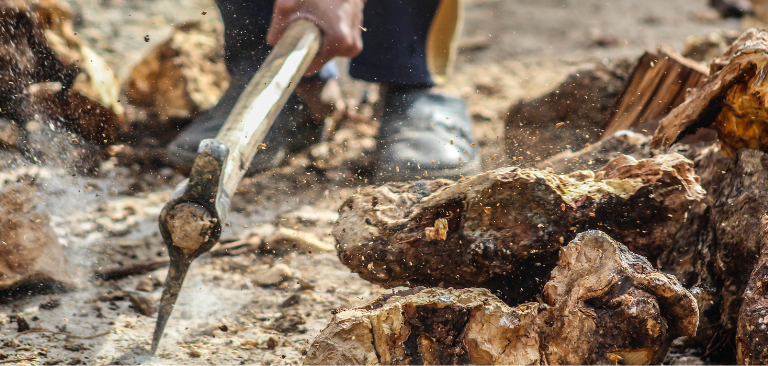War-torn Syria is figuratively and literally being picked apart: not only has it seen physical destruction at the hands of Islamic State and other terrorist groups of its historic sites, that are major world heritage monuments, but there’s also been widespread looting of its ancient treasures.
Facebook is then often used as the place where looters and black marketers set up groups that help them find their buyers, reports said.
While Facebook is busy trying to find an efficient way to suppress political speech and content, this type of criminal activity reportedly all too often slips through the giant’s censorship cracks, although the platform prohibited the sale of such items back in June.
Groups like the Antiquities Trafficking and Heritage Anthropology Research (ATHAR) Project say that hopes of retrieving these artifacts and returning them to their rightful owner, and even evidence of war crimes, are also deleted in the process. This group accuses Facebook of both “creating a problem and making it worse.”
A report published by ATHAR explains how Facebook might possibly be “creating the problem”: the platform is described as having “pivoted to privacy” in this way allowing criminals to use encryption and private groups to conduct illegal activity.
That reasoning aside – even when it’s successful in identifying such posts for what they are, Facebook is coming under criticism for the way it handles the problem – by deleting them.
ATHAR said to be keeping an eye on as many as 130 groups with sometimes tens to hundreds of thousands of members who traffic in antiques and use Facebook not only to post ads selling such items, but also exchange tips and even livestream looting “events”.
What researchers into this type of crime want from platforms like Facebook and Google is to extend them the same service that it does to law enforcement, that can ask for otherwise banned content to be archived for their inspection.
However, trafficking in looted ancient artifacts is not subject to the same regulation as drug or weapons trafficking – even though reports suggest that a lot of the money earned through black market sales of antiques goes towards funding terror groups.













